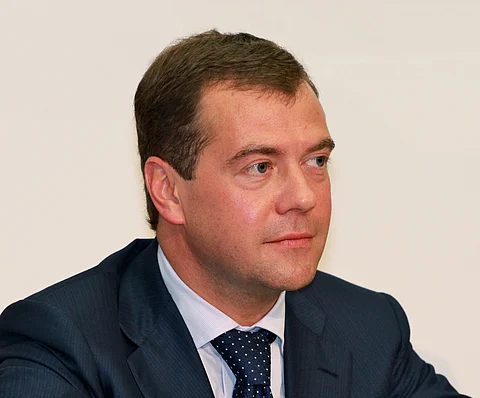

Former Russian President and current Deputy Chairman of the Security Council, Dmitry Medvedev, called on Israel to relinquish its nuclear weapons on Saturday, issuing a pointed statement that questioned the double standards of international nuclear oversight.
In a post published to VK, Russia’s version of Facebook, Medvedev wrote:
“Sometimes it is useful to ask simple questions. Does Iran have nuclear weapons? We don't know. But we do know that Israel has a secret nuclear program. Let them both abandon such programs under the supervision of the UN Security Council and the IAEA. Why is Tel Aviv allowed, and Tehran is not?”
He continued, “In previous years, such a refusal was called the 'zero option.' Great? They, of course, will refuse. And no strikes will help here. Tehran sees its survival in the nuclear program and will continue it at all costs. But if you try to destroy the entire program, as Israel does—possibly with the help of the United States—then Iran, if it has nuclear weapons, will certainly use them. And if not, it will restore its program at any cost. Netanyahu will go, but Iran will remain—led by a new Ayatollah.”
Israel is widely believed to possess a nuclear arsenal, though it has never formally acknowledged having such weapons. Since the 1960s, Israel has maintained a policy of nuclear ambiguity, refusing to confirm or deny its stockpile. It is also not a signatory to the Nuclear Non-Proliferation Treaty (NPT), thereby exempting it from International Atomic Energy Agency (IAEA) inspections.
Medvedev's remarks mark only the second time a former world leader has publicly affirmed Israel’s nuclear capabilities. The first was former U.S. President Jimmy Carter, who stated during a 2008 press conference that Israel possessed “150 or more” nuclear warheads—a rare break from the U.S. policy of strategic silence.
Former Israeli Prime Minister Ehud Olmert also appeared to unintentionally confirm Israel’s nuclear status during a 2006 interview in which he grouped Israel alongside nuclear-armed nations like the United States, France, and Russia—widely viewed as a diplomatic slip.
Medvedev's comments come amid heightened regional tensions following Israel’s military operations against Iran and renewed scrutiny of nuclear capabilities in the Middle East.